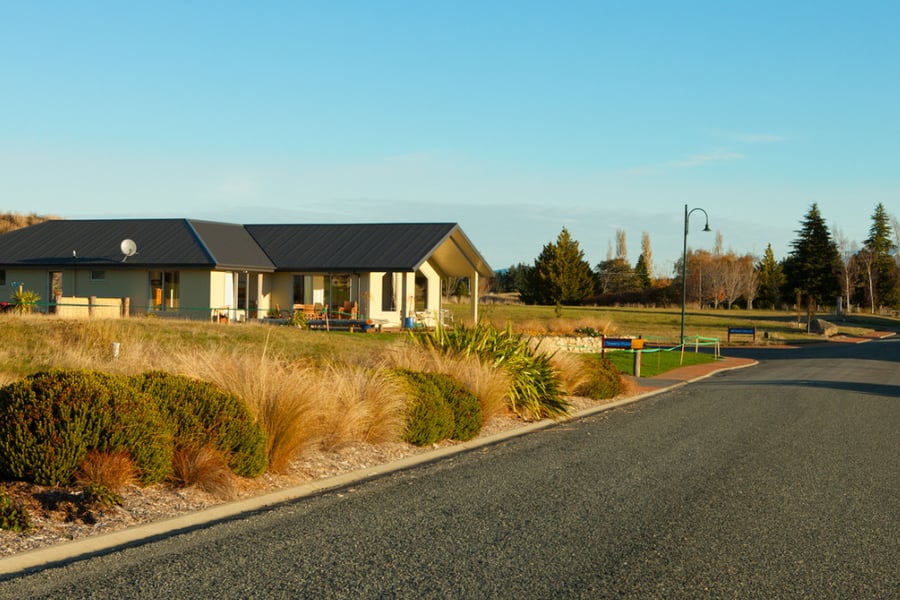Average asking prices in several regions reached all-time highs

It seems the COVID-19 lockdown did not have drastic effects on Southland's property market as the latest figures from the RealEstate.co.nz revealed that the asking prices for Southland properties have risen in May.
According to the RealEstate.co.nz, asking prices for Southland properties increased by 10.5% in May 2020 compared to the same month last year, reaching an average of $380,000.
However, housing stock decreased by 0.4% in the region last month compared to May last year, with only 421 residential properties for sale. On the bright side, the region had 180 new property listings last month.
The average asking prices in Canterbury, Central North Island, Hawke's Bay, Northland, Manawatu/Whanganui, Taranaki, and Waikato also reached all-time highs despite the COVID-19 crisis and lockdown – up 10.3% from May 2019 to reach $724,058.
Vanessa Taylor, the head of sales and marketing at RealEstate.co.nz, told Stuff: “I believe it is promising to see these asking price highs around the country during what is a challenging time globally.”
Read more: COVID-19 hits housing confidence
Bindi Norwell, the chief executive officer of the Real Estate Institute of New Zealand (REINZ), said they had received an influx of inquiries during the lockdown, especially in Gore.
“Over in Te Anau, there has also been positive enquiry with first-home buyers and owner-occupiers who are attracted to the lifestyle and the affordability compared to other regions across the South Island. The region continues to be discovered, with room to grow,” she told Stuff.
However, the Central Otago/Lakes district took a hit from the lockdown with average asking prices down by 15.8% to $972,073.
“Prices in the region tend to fluctuate between $900,000 and the early $1,000,000s and can be impacted by the types of property on the market in any month,” Taylor told Stuff.
“It is important to look at the big picture when comparing year-on-year prices. I don't think we can say that the average asking price in the region is definitely down because of COVID-19, given the long-term ups and downs we have seen.”



